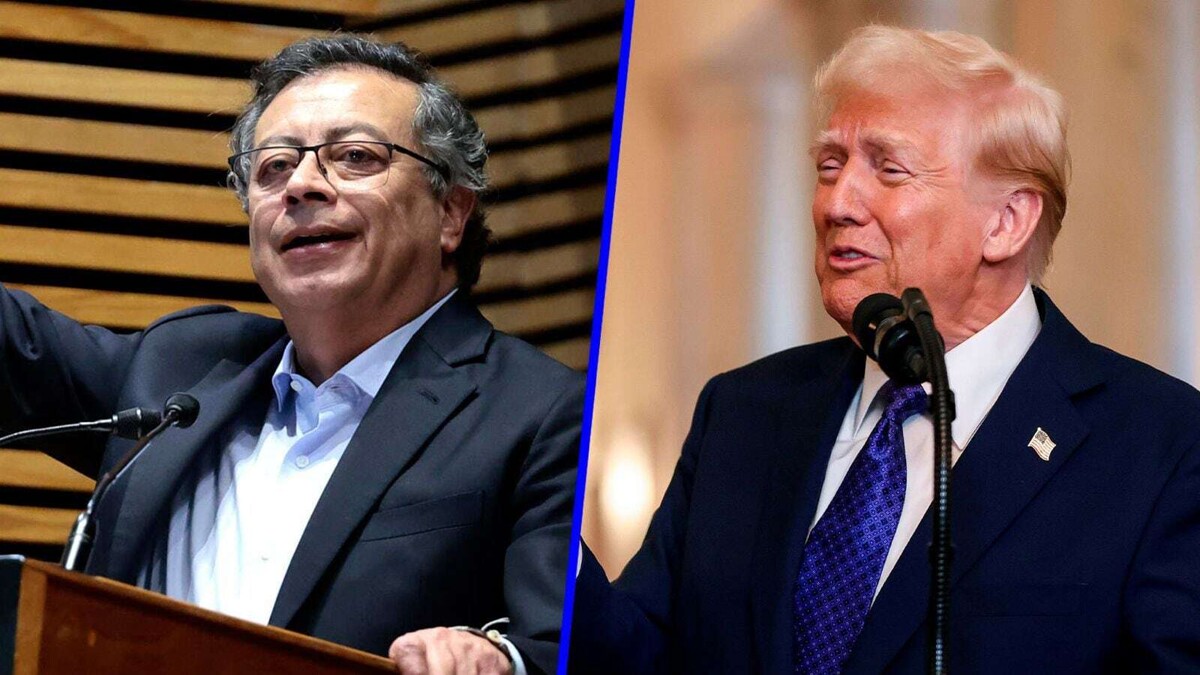
Latin America owes a debt to Gustavo Petro. The disastrous attempt by the Colombian president to confront U.S. president Donald Trump over the deportation of its citizens provided an unintentional but timely lesson to other regional leaders: Trump cannot be beaten with tirades on social media. By this stage, that should be common sense in all diplomatic circles around the world, but Petro decided to take a chance with a series of controversial posts on X early Sunday morning.
"There are many reasons why Trump should appreciate Latin America. It is with strategic diplomacy, not social media outbursts, that Latin America will find a winning path amid the growing competition from major powers," said a consulted specialist. Some hope that ideologically aligned countries like Argentina might benefit from the Trump administration, which undoubtedly also has many supporters in the region. Appearing as the face of global anti-Americanism may have fed the enormous ego of the leftist leader, but at the cost of a monumental defeat for his government, which had to capitulate to the White House to avoid the harmful tariffs from Trump.
The region faces a new reality and needs to adapt quickly. The visit of newly appointed U.S. Secretary of State Marco Rubio is viewed as a key moment amid these changes. It did not go unnoticed that Rubio's brief note did not mention democracy, trade, investments, or human rights, pillars of U.S. foreign policy in recent decades.
Latin America should continue cooperating with Washington because that is the best path for both parties, but coercion is not usually the most constructive way for countries to follow anyone's leadership in international politics. Therefore, if a country finds itself on the wrong side of Trump's policies, leaders should keep their trade officials alert and should not hesitate to consider retaliation measures.
Seeking new geopolitical alliances and trade partners would be an obvious response: it is no coincidence that trade agreements between the European Union and Mercosur and between the EU and Mexico were closed after Trump's victory, while China is already savoring the possibility of expanding its growing influence. Rubio has made it clear that the U.S. priority is to secure its borders and contain illegal migration, which generates uncertainty in the region.
At a time when the country still enjoys an external perception that is largely favorable, it is crucial for Latin America to demonstrate diplomatic and strategic maturity in face of the challenges posed by the current administration in Washington. The region must overcome internal differences, seek allies, and remain calm to find effective solutions in an increasingly complex geopolitical scenario.













